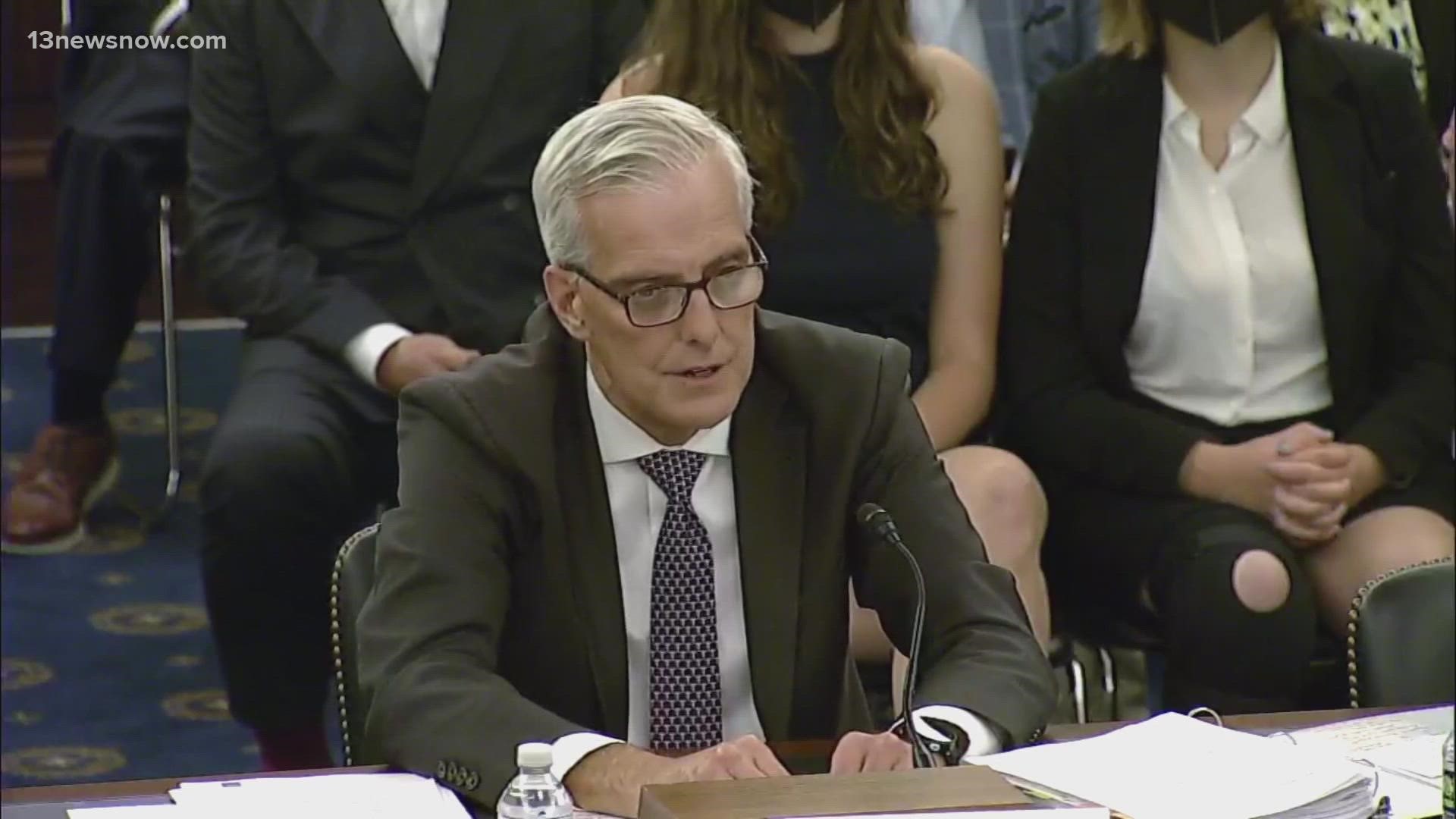WASHINGTON — Taking care of the nation's 19 million living military veterans is a solemn promise which must be kept, but it's an expensive undertaking.
Next year, the Department of Veterans Affairs' spending budget, as proposed by the Biden administration, could top $300 billion for the first time ever.
One provision in the measure has been called one of the most important expansions of veterans' health care benefits in a generation.
The "Honoring our Promise to Address Comprehensive Toxics Act" appears to be on the verge of final Senate passage. It advanced in the Senate on a procedural vote of 86-12 last week.
The Senate could take a final vote later this week.
Essentially, the bill is a package of benefits and medical care expansions for up to 3.5 million veterans from wars of the past three decades who suffer from 23 toxic exposure-related cancers and respiratory illnesses.
The act is estimated to cost $278 billion over the next decade and will benefit as many as one in every five living veterans today.
"And I think everybody in this committee would agree, no need to waste a lot more time, let's get the benefits where they're due," said Sen. Jon Tester (D-Montana) at Tuesday's Senate Veterans Affairs Committee meeting.
The PACT Act is just one expensive piece of the overall proposed $300 billion VA budget for next year.
The plan includes large increases in outpatient care services, mental health care programs, prosthetics care and caregivers' support stipends.
Tuesday, VA Sec. Denis McDonough pledged the department would be able to execute the requirements of the PACT Act while simultaneously taking care of its other obligations.
"And I think we're ready for it," he said. "We've been preparing for this. You're giving us additional authorities and additional funding. And, taking care of one generation of veterans, for example, those who were exposed to burn pits after 1991, needn't come at the expense of veterans who have sacrificed so heroically for us in World War II, Korea, Vietnam or other wars. So, I think we can do this and we can do this well."

